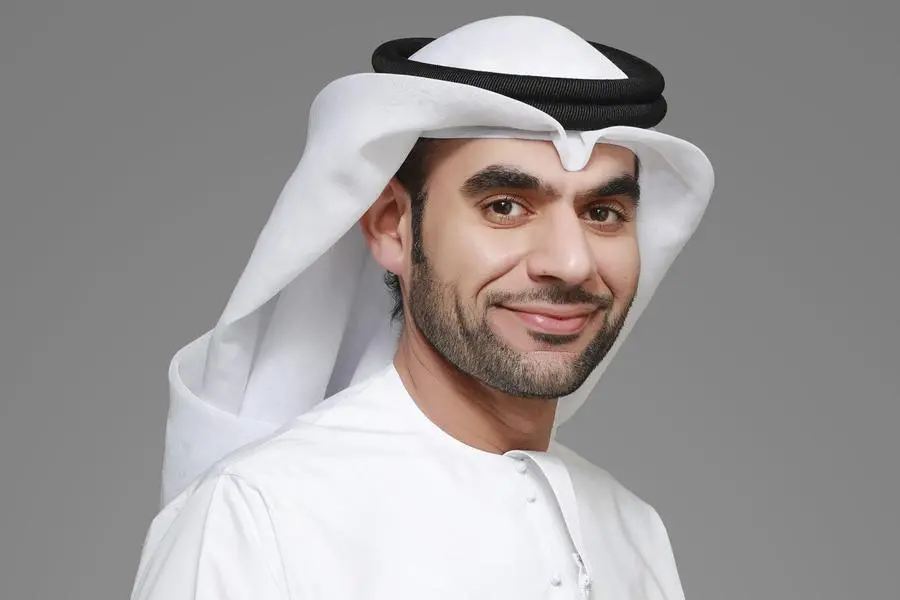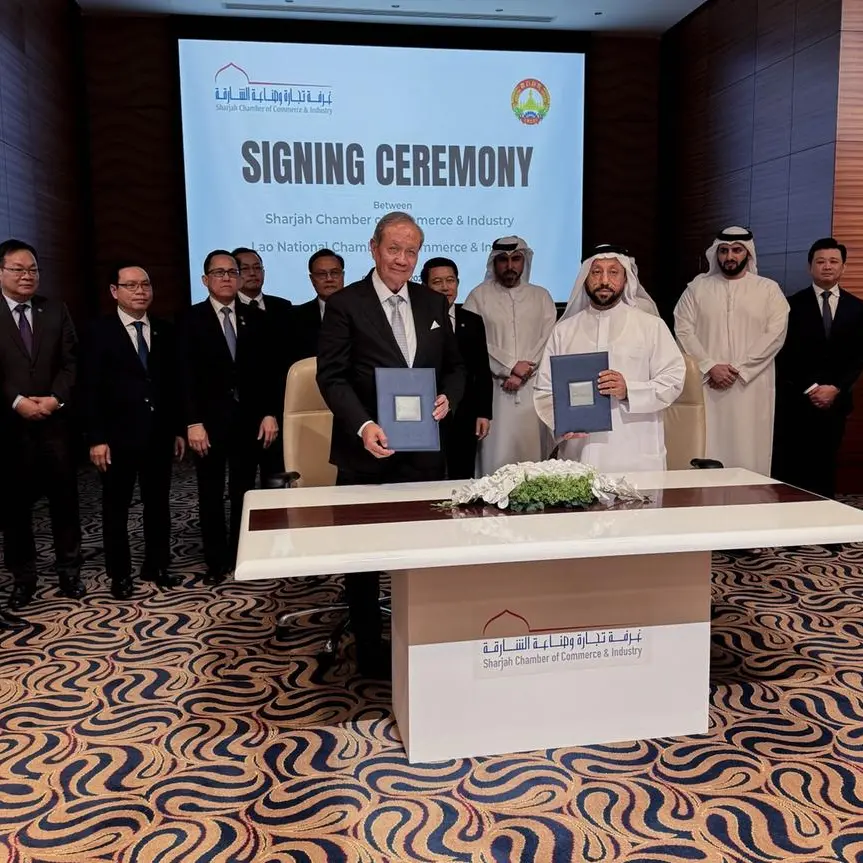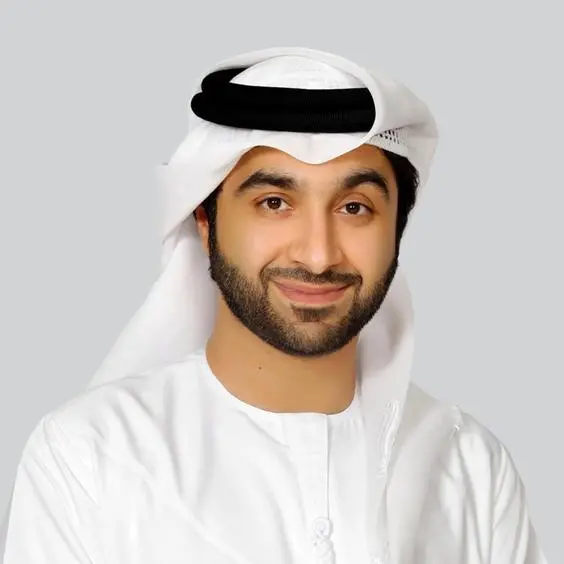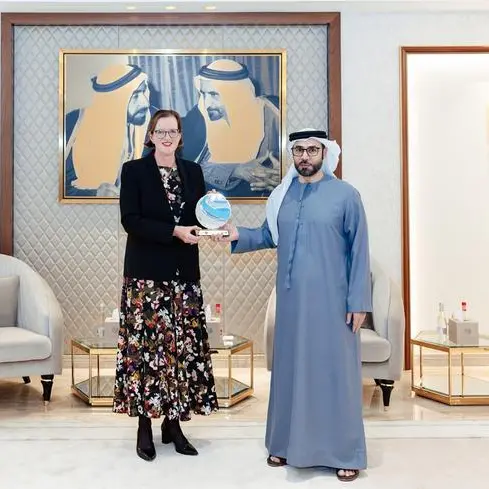PHOTO
- Younus Al Nasser: Participation in the survey enables decision-makers to develop strategies and policies that support national talents, increase job opportunities, and foster economic growth, which contributes to the achievement of Dubai's economic goals, particularly the Dubai Economic Agenda D33.
Dubai: Digital Dubai, represented by the Dubai Data and Statistics Establishment (DDSE), announced the launch of the Dubai Labor Force Survey 2024. The aim of this survey is to estimate the size of the labor force, identify key indicators related to employment and unemployment, and provide up-to-date data and statistics on the demographic, social, and economic aspects of the population in general, and the labor force and economically active individuals in particular.
Dubai Digital has called on the targeted households to actively participate in the survey conducted by the Dubai Data and Statistics Establishment (DDSE), and to facilitate the work of the authorized field teams. The aim is to provide accurate and comprehensive information that will help decision-makers in establishing future plans and strategies. This annual survey is part of the DDSE's strategic plan and supports the goals of the Dubai’s Social Agenda D33, which aims to develop the most effective and proactive social system for protection, care, and empowerment by developing a model that enhances equal opportunities for all segments of society.
H.E Younus Al Nasser, Chief Executive Officer of Dubai Data and Statistics Establishment, highlighted the importance of this survey and its impact on providing accurate data about the various characteristics of the population and the labor force. H.E said: "Field surveys are one of the key and direct means we adopt in Dubai to understand the reality and assist decision-makers in establishing strategies, policies, and development programs that support national talents and provide suitable job opportunities for them. The Labor Force Survey is among our top priorities due to its exceptional importance in improving job opportunities and fostering economic growth at the level of Dubai, contributing to achieving the goals of Dubai’s economy, particularly the Dubai Economic Agenda D33. Active participation in this survey and providing accurate data serve as a strong boost to the DDSE's efforts in creating a comprehensive and precise data system. This system will help understand the current state of the workforce in the emirate, enabling relevant government entities to develop plans aimed at providing job opportunities for national talents.
The survey aims to provide an accurate picture of the various demographic, social, and economic characteristics of the population and the labor force, including economic participation rates. It seeks further to identify the career composition and economic activities of employed individuals, as well as their employment status. Furthermore, the survey aims to measure unemployment rates according to different characteristics and to track changes in key indicators and characteristics over the years.
The Dubai Data and Statistics Establishment (DDSE) has confirmed that privacy and information security standards will be strictly applied to this survey. It noted that the data collected from the Labor Force Survey will be analyzed to identify the various characteristics of the population and the labor force, including both employed and unemployed individuals and their related conditions. Additionally, the survey aims to identify unemployment rates, examine levels of Emiratization in the emirate, assess the size of the labor force, and evaluate the professional and digital skill levels available, as well as their alignment with the demands and needs of the labor market.
This year, the survey will be conducted using a hybrid approach. It will offer three options: telephone interviews, email, and field visits for conducting personal interviews with collection households and labor camps. This will take place from October 1, 2024, to November 21, 2024, while sticking to national and international standards in this field. The survey aims to target a community sample of 5,500 households distributed across various communities of Dubai.




















